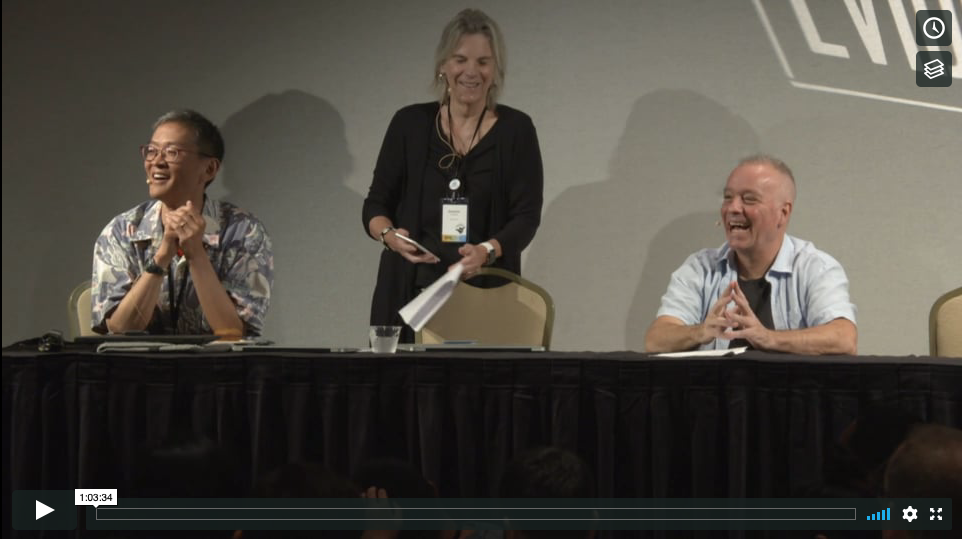What does a data expert see when they look at a design problem? This panel immerses us in the practices of two data experts, both of whom have collaborated with ethnographers, as they navigate through design challenges in different ways. Chair Jeanette Blomberg draws the panelists and audience...


